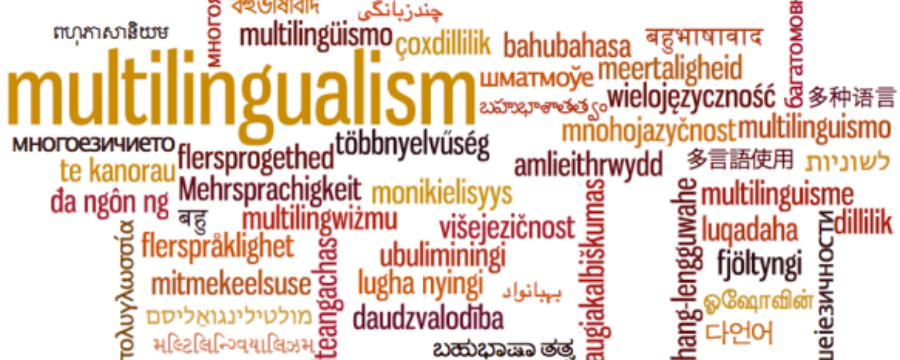#LA-03-14 Multilingual Practices: Tackling Challenges and Creating Opportunities
About Course
University of GroningenDescription
In a world of globalisation, people who do not share the same language meet more often every day. Being able to deal with these multilingual practices in an effective way can give you an advantage in your daily life and work.
The challenges and opportunities that we will speak of will be recognisable for learners. The course will also introduce you to real multilingual families who will share their personal experiences with their multilingual situations with you. The issues arising from the individual situations of our families will then be looked at from a scientific perspective.
Who will you learn with?

I’m an applied linguist at the University of Groningen. My research and teaching center around multilingualism and cognition and multilingual aging.

I’m an assistant professor in sociolinguistics at the University of Groningen. My teaching and research is concerned with minority language issues and linguistic diversity, variation, and change.
Who developed the course?

The University of Groningen is a research university with a global outlook, deeply rooted in Groningen, in the north of the Netherlands.
What Will I Learn?
- Identify central aspects around societal and individual multilingualism
- Evaluate the benefits of multilingualism of both minority and migrant speakers
- Identify issues that arise when people who do not share the same languages meet
- Critically evaluate multilingual language policies for both migrant and minority languages
- Investigate multilingual practices
Topics for this course
Introduction to the course
WELCOME TO MULTILINGUAL PRACTICES VIDEO (01:31)00:01:31
FACTS ABOUT MULTILINGUALISM ARTICLE
WHAT IS MULTILINGUALISM? DISCUSSION
Introduction to the first lesson
Language ideologies
Linguistic landscape
Language policies
Conclusion to the lesson
Really good! Covered lots of different areas and I really liked the combination of personal testimonies from multilingual families/minority language speakers and accessible academic articles.
My knowledge drastically increased and the course raised interesting questions I will continue to explore in the future. Varies and interesting - great!
I thoroughly enjoyed the course. In terms of content, the materials (videos, articles, and quizzes) were well chosen.
One of the best MOOCs I've taken. Extremely informative and very well-structured. Highly recommend. It is four weeks long, covers a variety of aspects related to multilingualism. There is a lot of interaction among the participants.
It was a really good course, I learned more than I thought. Thank you for preparing it.


